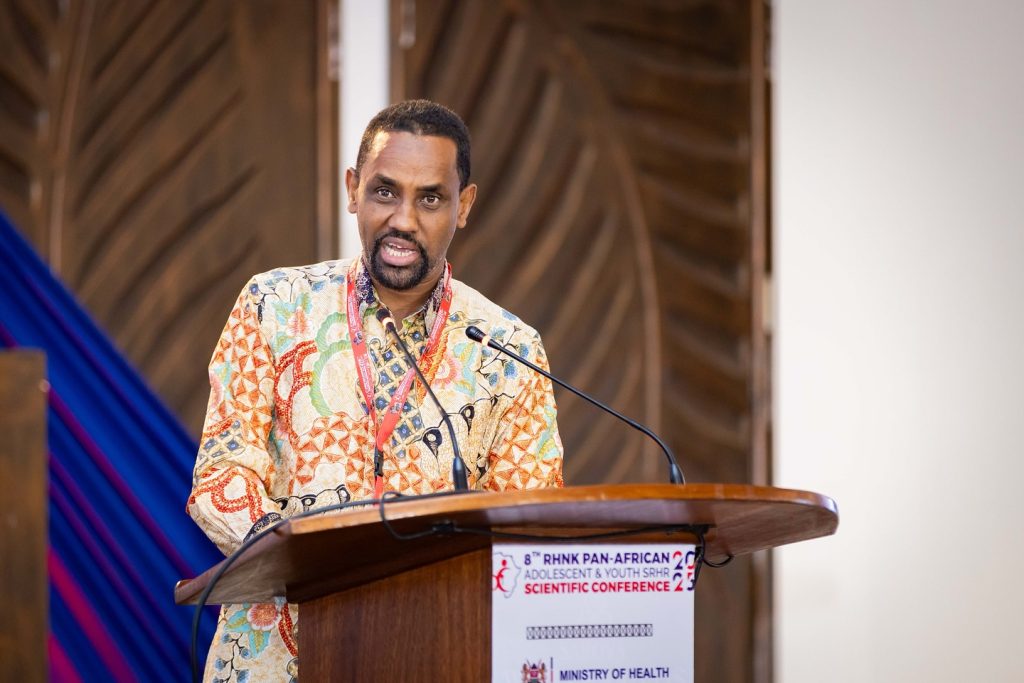Reflection: To advance AYSRHR, intersectional health financing is key
 03 July 2025
03 July 2025
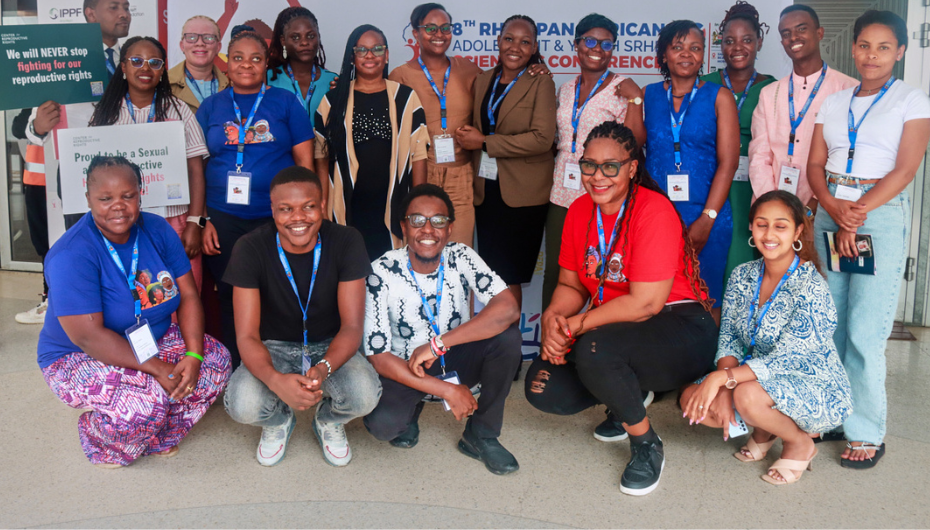
Make Way Toolkit and the Intersectionality 101 strategy presented during the RHNK Conference arrived at a critical moment, offering a timely wake-up call and a roadmap for realigning Programmes to meet the diverse SRHR needs of all young people, truly leaving no one behind.
“A powerful reminder that universal health coverage (UHC) must encompass access to family planning because sexual and reproductive health and rights (SRHR) are not optional; they are essential.”
These compelling words from Dr. Mohamed Sheikh, Director General of the National Council for Population and Development, underscore the urgent need to prioritize family planning within the UHC framework.
His call to action was just one of many powerful voices at the 8th Pan African AYSRHR Scientific Conference, hosted by Reproductive Health Network Kenya (RHNK), urging delegates to recognize and uphold SRHR as a core pillar of comprehensive health care.
Indeed, as reflected in both national and global frameworks, SRHR is a fundamental human right universal and indivisible regardless of gender, race, age, religion, or any other identity.
According to the 2024 World Health Organization (WHO) report on Universal Health Coverage (UHC) 1 financial hardship remains a major barrier to accessing quality health care particularly in sub-Saharan Africa and many regions across the globe. The report highlights a concerning trend: governments deprioritizing health investment, creating a ripple effect that deepens inequality and pushes thousands into poverty.
This economic strain intersects with the lived realities of young people, many of whom already face barriers accessing essential SRHR services. The report underscores a vital message: HEALTH IS A GOVERNMENT RESPONSIBILITY, and achieving UHC requires strong political good will and sustainable health financing.
One glaring gap lies in the exclusion of family planning, an essential SRH indicator from many national insurance schemes. This disproportionately affecting young people in their compounding vulnerabilities, who cannot afford to pay out of pocket. This oversight not only undermines progress toward UHC but also deepens health inequities.
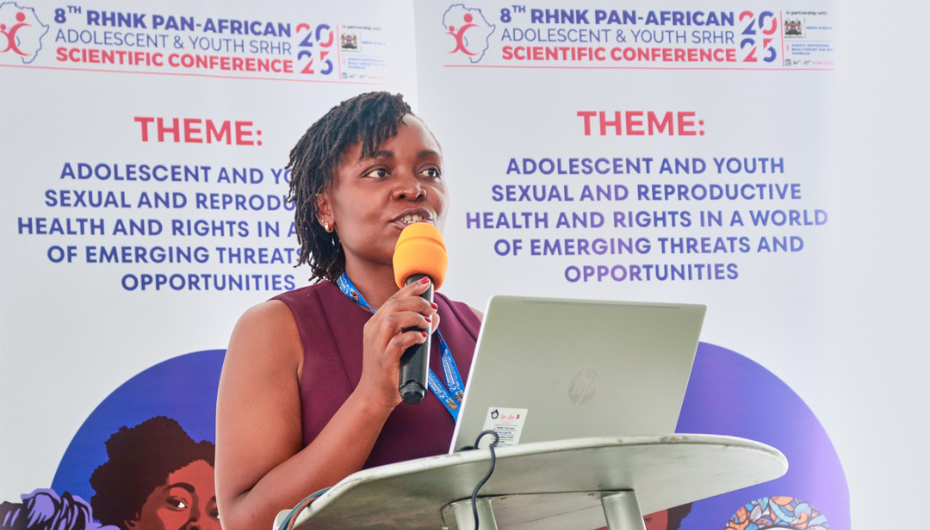
While the World Health Organization (WHO) has emphasized the importance of including adolescents and young people in Universal Health Coverage (UHC), this group continues to be sidelined in practice. Their exclusion threatens the realization of equitable health systems.
That is why the Make Way Toolkit and the Intersectionality 101 strategy presented during the RHNK Conference arrived at a critical moment, offering a timely wake-up call and a roadmap for realigning Programmes to meet the diverse SRHR needs of all young people, truly leaving no one behind.
This momentum was powerfully echoed in the vibrant participation of Liliane Fonds–Make Way partners, who delivered compelling presentations across multiple breakout sessions. Their contributions showcased an impressive suite of tools developed under the Make Way programme, all centered on advocating for inclusive, intersectional approaches to SRHR.
With the youth at the frontline, Make Way partners from Kenya, Zambia, Ethiopia, Rwanda, and Uganda unveiled abstract presentations that champion disability inclusion in SRHR policy and programming. These efforts underscored the importance of intersectional health policies, equitable resource allocation, and the creation of safe, accessible spaces for SRHR advocacy and service delivery.
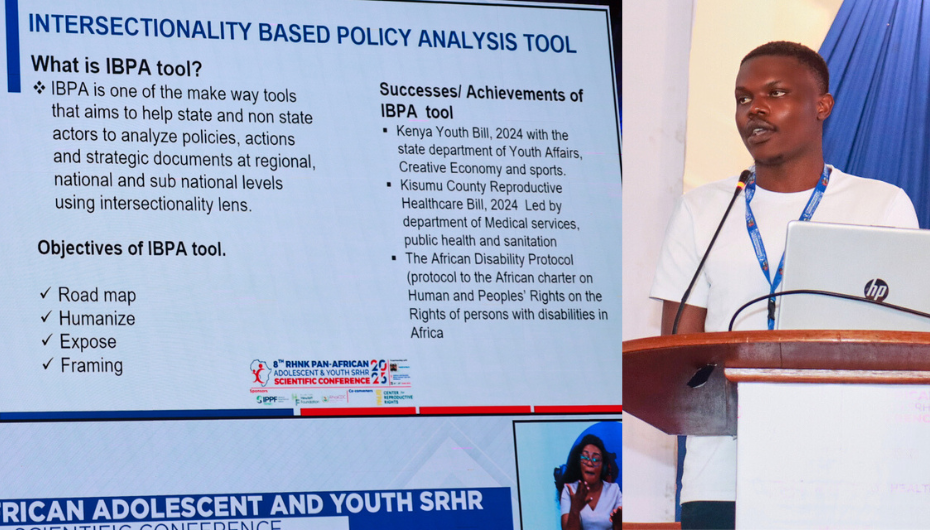
IBPA (Intersectionality-Based Policy Analysis) tool provides a framework for developing inclusive health policies that reflect the needs of all members of society. The budget checklist empowers young people to champion equitable and inclusive health budgets that prioritize quality SRH services and enhance resource allocation to improve RMNCAH (Reproductive, Maternal, Newborn, Child, and Adolescent Health) indicators.
The programme’s initiative promotes meaningful youth engagement by advocating for youth inclusion in decision-making spaces and ensuring their voices are integral to planning processes. Meanwhile, the Intersectional Community Score Card evaluates the Availability, Accessibility, Acceptability, and Quality (AAAQ) of primary healthcare services, with a strong emphasis on youth-centered care and addressing existing barriers to achieving quality healthcare for all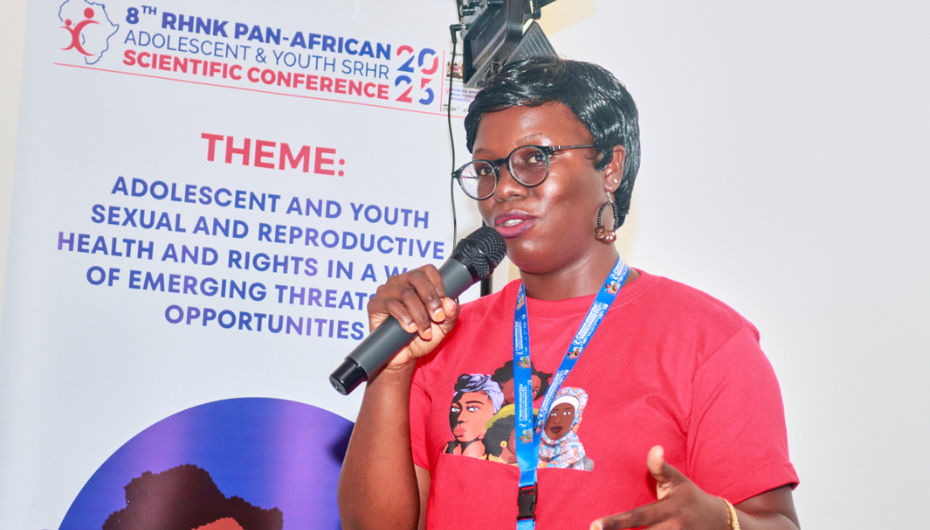
All these guided deliberation of youth-led abstract presentations on key areas, including:
- Utilization of the Intersectionality-Based Policy Analysis (IBPA) tool to address SRHR challenges among adolescents and youth with disabilities amid evolving global opportunities and threats.
- Research on assessing AAAQ of SRH services for youth with disabilities at the primary health facilities in Kenya.
- Applying the Make Way Intersectionality tool to bridge the gap between disability and SRHR in a shifting global landscape.
- Enhancing Bodily Autonomy and Self-Determination in Adolescent and Youth Sexual and Reproductive Health and Rights (AYSRHR).
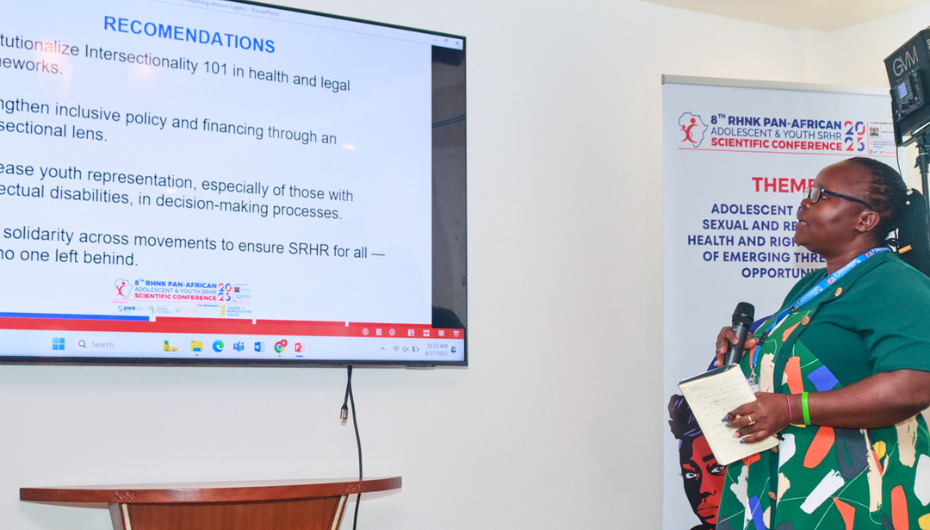
Make Way project officer from Kenya presenting on intersectionality 101
These were key avenues for advocacy on
- institutionalization of intersectionality 101 in health and legal frameworks
- Strengthening of inclusive policy and financing through intersectional lens.
- Increase of youth representation, especially of those with intellectual disabilities, in decision making processes.
Building solidarity across movements to ensure SRHR for all with no one left behind.
The Lancet Global Health 2023 Report 2 abstract an alarming 80% of people with disabilities in sub-Saharan Africa lack access to SRHR services. This exclusion is fueled by a range of systemic factors attitudinal barriers, physical inaccessibility, financial limitations, lack of accessible information, and minimal opportunities for meaningful participation.
As the Lancet Commission on Adolescent Health and Wellbeing 2025 powerfully states: “Investments made in this generation of adolescents will determine our human and planetary futures, for good or for ill. The time to act is now.”
This is a clarion call for governments and stakeholders to ensure active and inclusive engagement of young people especially those with disabilities in shaping health financing, policy, and development frameworks. This will ensure no youth in their compounding vulnerability is left behind.
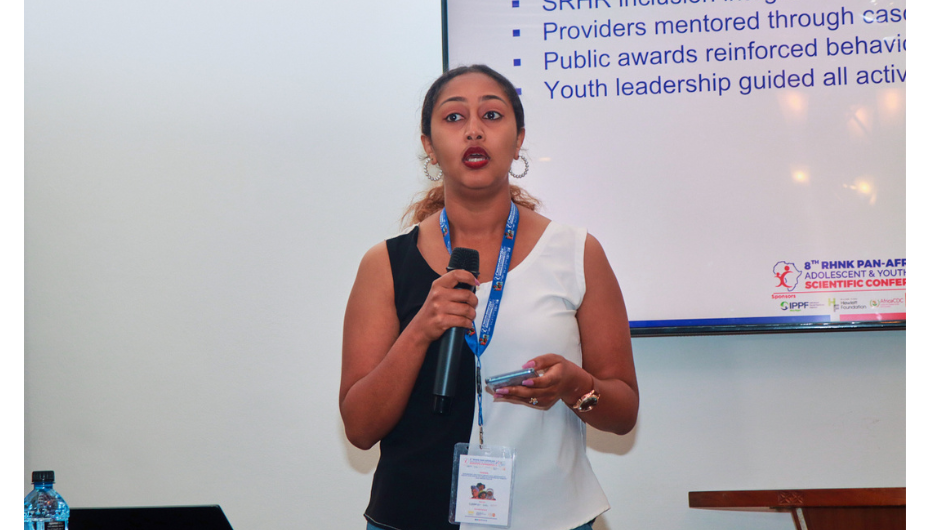
The Make Way Alliance led by the youth themselves, not only showcased its transformative impact on society, but also inspired widespread adoption of its innovative tools, especially the ICSC and IBPA, to advance AYSRHR, from improving service delivery to shaping policy, driving meaningful change, sustainable development, and a future where no young person is left behind.
With the youth calling on stakeholders to adopt meaningful youth engagement strategy, because the adolescents and youth themselves know what they want and what can work for them.
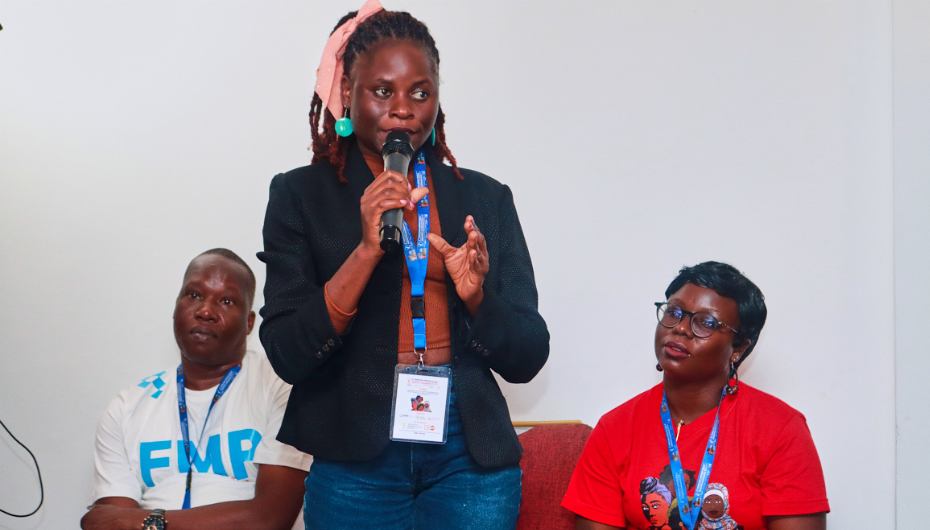
#MakeWay #intersectional SRHR Advocacy #whatyouthwant



